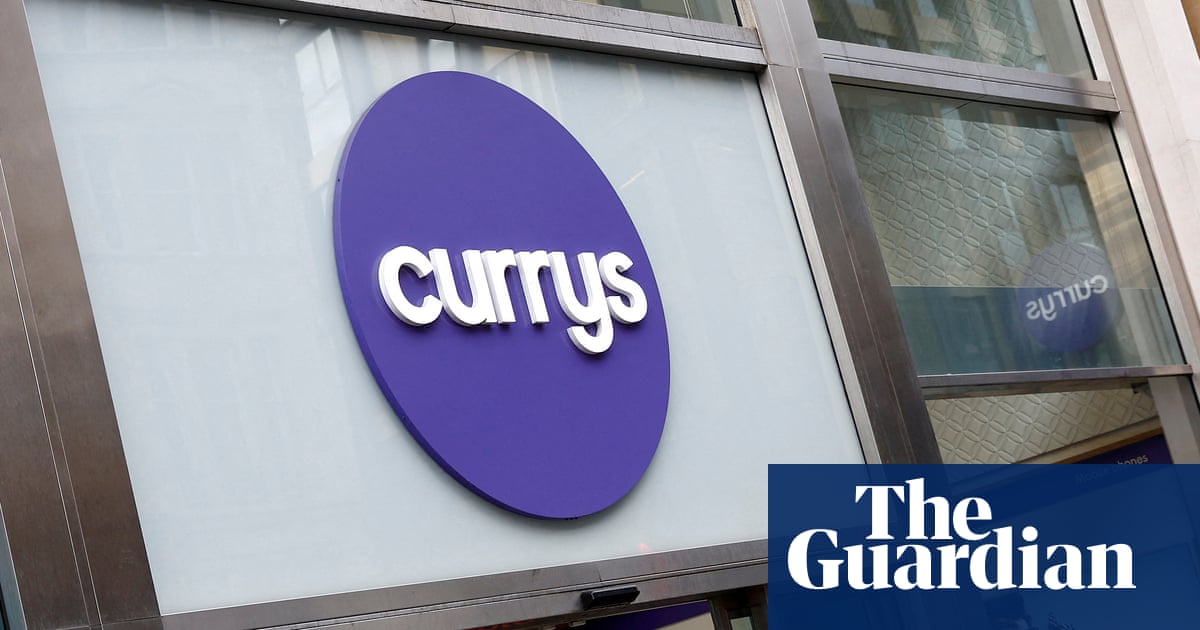
Warehouse workers at Sports Direct, the retail chain controlled by the billionaire Mike Ashley, appear to be receiving pay below the national minimum wage, according to expert analysis of a new Guardian undercover investigation.
The concerns have emerged almost five years after the Guardian first exposed how the retailer was breaching minimum wage law, which resulted in workers receiving about £1m in back pay and Ashley being hauled in front of a parliamentary select committee.
MPs concluded that the business – which has now been renamed Frasers Group after Ashley’s acquisition of House of Fraser – had treated “workers as commodities rather than as human beings”, which prompted Sports Direct to review its working practices and pledge to implement a string of improvements in 2016.
In the latest investigation, the Guardian placed an undercover reporter inside the same Shirebrook, Derbyshire, warehouse during two weeks in late June and early July, where an estimated 3,000-4,000 workers distribute goods for Frasers Group, the holding company that also includes retailers such as Flannels, Jack Wills and USC.
The reporter recorded how warehouse staff at the group were unable to leave the building during their 30-minute unpaid breaks – a practice some employment law experts say should count as paid working time and, if correct, would push Shirebrook’s effective hourly wage rates below the legal minimum of £8.72 to about £8.20.
Concerns about how breaks can be taken at the warehouse follows the company reacting to the Guardian’s 2015 investigation by announcing a string of improvements.
While the improvements have addressed many of the issues raised five years ago, other problems appear to remain or have re-emerged, raising questions about how firms monitor compliance when they are no longer in the public eye.
Following the 2015 investigation, Sports Direct:
• Increased the hourly rate for warehouse workers to about 20p above the minimum wage and stated that “salaries will be at least 15 pence per hour above NMW [national minimum wage] to remove any possibility that the comparatively minor differences being debated could take the pay below the NMW”. That premium has now been eroded to 3p an hour.
• Announced it had altered internal systems to prevent workers from being deducted 15 minutes of pay if they clocked on one minute late for work. Workers continue to complain of harsh deductions from their wage packets for clocking in for a shift slightly late or off slightly early.
• Said it was considering a trial to transfer 10 warehouse staff a month on temporary agency contracts to permanent deals with the retailer. Had this announcement been enacted, more than 300 additional warehouse workers would now have permanent jobs, but the warehouse remains overwhelmingly staffed by agency workers. Frasers Group said 170 workers had transferred from its agencies “under the test scheme” and that the numbers of agency workers in the warehouse had been cut, although it did not give figures.
Frasers Group said: “The whole basis for [the Guardian’s] purported investigation is founded on a false premise – that a daily 30-minute rest break should be regarded as constituting working time and so paid. This is clearly not the case.”
The law says workers are entitled to spend rest breaks away from their workstation if they have one, and breaks do not generally count as working time and therefore do not have to be paid under national minimum wage law.
However, legal experts say that is only the case if a worker is able to spend the break how he or she wishes.
Zoe Lagadec, principal at Mulberry’s employment law solicitors, said: “If the workers are not able to use their unpaid rest break freely and for their own purposes, then this time should be deemed working time and should be paid. These workers cannot be said to have taken rest away from their place of work if they are prohibited from leaving the warehouse during their only break during the working day.
“Given that the workers are paid only three pence above the national minimum wage, this unpaid period of working time would breach the NMW regulations as the rate would fall below it for the whole relevant period.”
Another minimum wage expert, who has experience of HM Revenue & Customs investigations but did not want to be named, said: “I have been involved in many inquiries where HMRC’s interpretation is that if you are not free to do [what] and go where you wish during your break then it will be counted as working time. In your example [at Sports Direct] a daily 30-minute unpaid break would result in a minimum wage breach.”
Frasers Group said its warehouse workers did not have to be paid for the breaks and that the business had “no rule preventing staff leaving the warehouse during a rest break”.
The Guardian’s undercover reporter asked three separate direct supervisors if he could leave the warehouse during his daily break. All three said this was impossible and that the break should be spent in a staff canteen or on the smoking terrace.
One said: “It’s not possible. Only in an emergency. There is no security to search you at the door [to allow you out]. Think about it, if all 2,000 [on a shift] left we might not get them back.”
HMRC’s national minimum wage manual states that breaks are not typically counted as working time – but that companies should make sure the break is “genuinely taken”.
The manual then points businesses to consider a separate regulation that states: “Time where a worker … is not working but is required by their employer to be available at or near a place of work for the purposes of working is treated as working time for national minimum wage purposes, even if the worker is simply waiting to be given work, is ‘on call’ or ‘standby’.
“It does not matter whether during such time the employer provides any work for the worker to do, or whether the worker actually performs work. The relevant factors are the employer requiring the presence of the worker at a specified location and time of their choosing and the worker complying with that requirement.”
Frasers Group said there was no legal requirement for it to provide separate facilities and, what was key, was that staff did not have to perform any duties or be at the company’s disposal during rest breaks. They said workers were allowed to use their breaks freely and for their own purposes.












